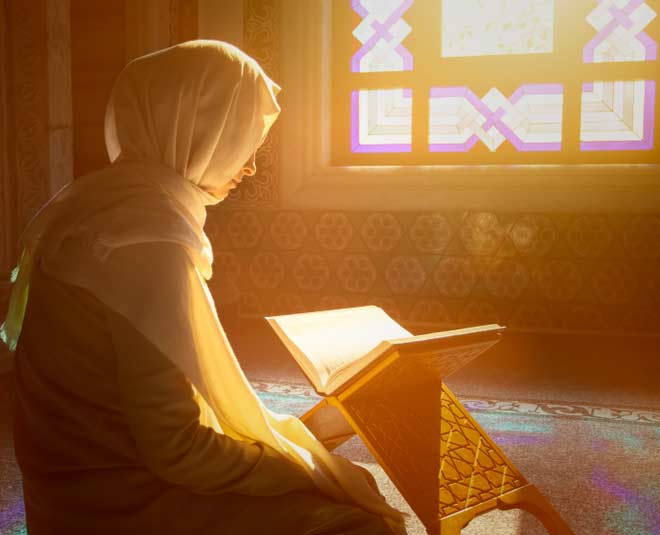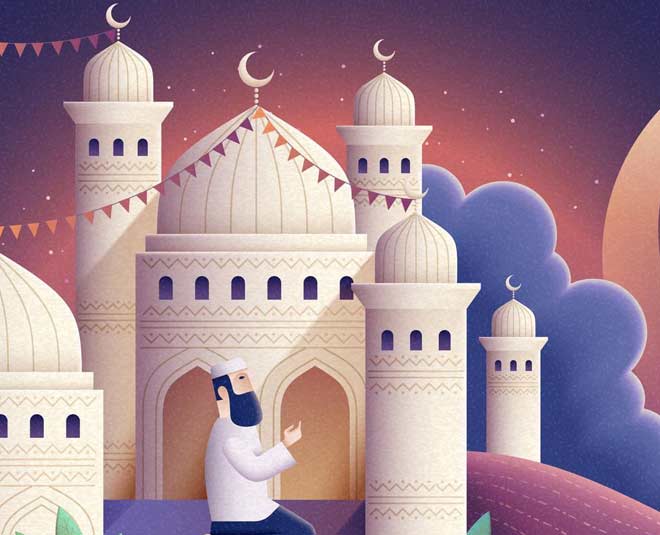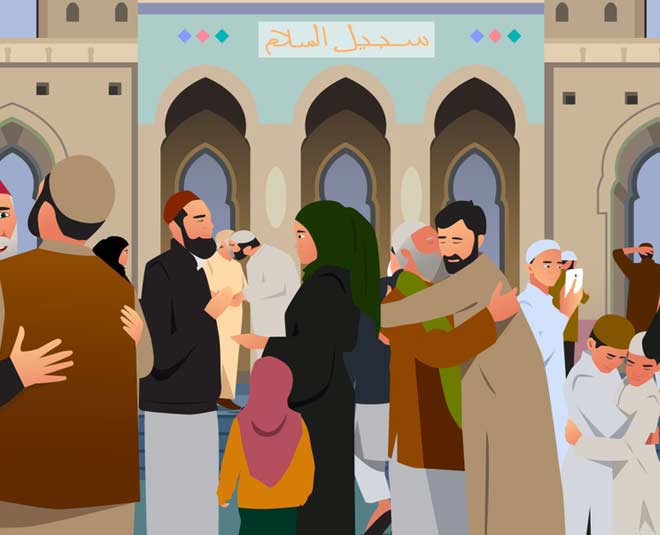
The month of Ramadan is about to start and for millions of Muslims across the globe regardless of their nationality, race, or ethnicity, it is a very important time. And why it shouldn’t be? It is a time for them to reflect on cleansing, prayer, and to focus on their religion with their family and community.
Now, you must be wondering that why and how is this month celebrated? Who is supposed to fast and who all are exempted?
Don’t worry, in this article, we are going to take a closer look at the month of Ramadan and will introduce you to some interesting facts about it!
Are you ready? Then, read on!

Ramadan falls on the ninth month in the Islamic Calendar. The Islamic lunar calendar is actually based on the moon's cycle. So, it is an interesting fact that the date of the month of Ramadan changes every year as it is based on various factors but primarily, on the sighting of the moon.
This year, the month of Ramadan will begin from the evening of 2nd April 2022, and will end on 2nd May 2022.
For those who are not aware, Ramadan is one of the Five Pillars of Islam, and the word Ramadan comes from the Arabic word “ramida or ar-ramad” which basically means scorching heat. This is because the month of Ramadan usually occurs during the summer.

The month of Ramadan is celebrated by Muslims all over the world. During this month, those who follow the religion of Islam have to fast.
They are expected to abstain from food and drinks from dawn to dusk. Sexual relations, smoking, and anything indecent are also not allowed. Moreover, they have to reflect on their doings and focus their mind on praying and looking out for the community with the good deed of charity.
Now, the people who are healthy adults and teenagers are supposed to fast from sunrise to sunset during the whole month.
However, some people are exempted from fasting - these include pregnant women, women who are breastfeeding, and individuals who are physically or mentally ill. Children are also not obligated to fast until they reach puberty. But it is important that these people still treat it as a time of spiritual importance.
Another significance of this pure month is that Muslims believe that the first verses of the holy book ‘Quran’ were revealed to the Prophet Muhammad during the month of Ramadan. Who knew?
Don't miss:Ramadan Special: Delicious Snickers Date Recipe

Now that you know the significance of the month of Ramadan, these interesting facts will help you learn more about this pious time.
Don't miss: Ramadan Eid: Wish Your Loved Ones With These Quotes, Messages

The month of Ramadan concludes with a big celebration called ‘Eid al-Fitr’. It is one of the most fun days!
It marks the end of fasting and signifies that the new moon is sighted. On this day, the followers of Islam give their thanks to Allah for the strength in accomplishing the spiritual month.
People celebrate this festival with their family and friends. They prepare large meals and donate essentials to poor people. Further, they dress in their finest clothes, exchange gifts, and visit the Mosque.
Are you excited about Ramadan? Do share your thoughts with us on our Facebook page. For more such stories, stay tuned to HerZindagi!
Also watch this video
Herzindagi video
Our aim is to provide accurate, safe and expert verified information through our articles and social media handles. The remedies, advice and tips mentioned here are for general information only. Please consult your expert before trying any kind of health, beauty, life hacks or astrology related tips. For any feedback or complaint, contact us at [email protected].